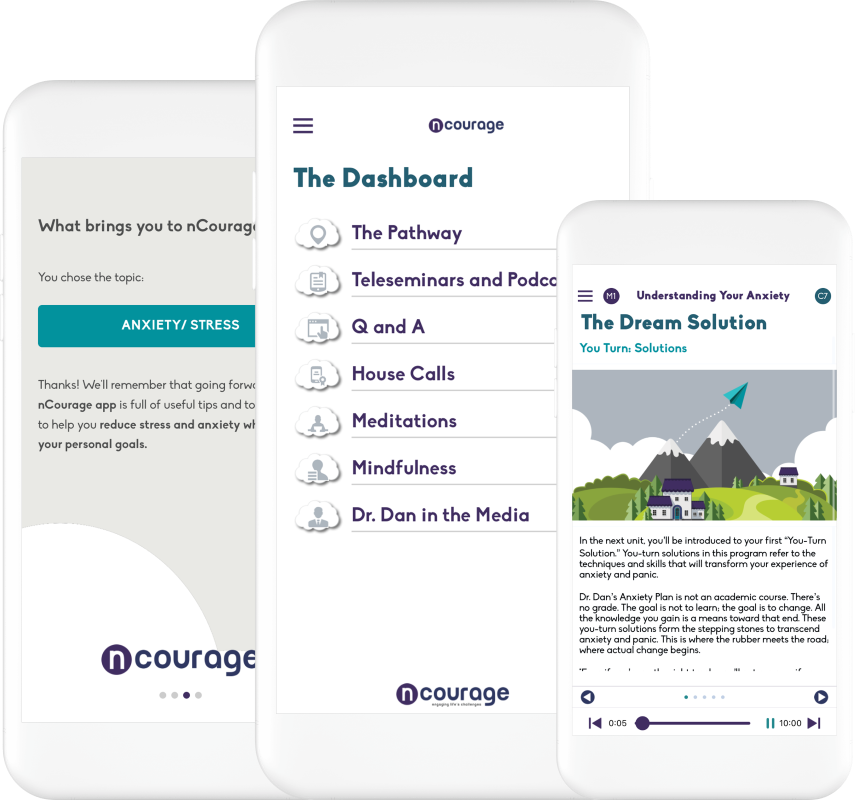
Since 2020, many industries, including healthcare, have faced significant disruption. However, this challenging phase underscored the pivotal role of technological advancements. Leveraging collaboration tools, many healthcare companies maintained operational continuity. Similarly, e-learning platforms facilitated uninterrupted academic progress for students.
E-learning for healthcare offers substantial value. Beyond serving students, it’s an efficient opportunity for professionals to remain updated, connected with industry peers, and even achieve advanced certifications or degrees.
Geniusee is at the forefront of the EdTech revolution in the healthcare industry. By harnessing cutting-edge technologies and aligning with current educational trends, we aim to elevate your customer’s educational journey. Our e-learning solutions not only ensure cost-effectiveness and risk minimization but also significantly boost user retention and satisfaction. In this article, we offer you to discuss why e-learning for healthcare is so important nowadays!
10 Advantages of E-Learning in Healthcare vs. Traditional Classrooms
Based on insights from our journey with online education and the broader research, we’ve highlighted 10 primary advantages e-learning holds over conventional classroom setups, especially in the healthcare domain.
No Relocation Required
E-learning offers the privilege of accessing top-tier courses, universities, or webinars right from one’s home. It eliminates the need to move cities or countries, making higher education more accessible.
Flexibility in Learning
E-learning offers personalized schedules. It empowers learners to choose their optimal learning times, balancing education with work, social, and family commitments.
Decreased Stress Levels
The convenience of setting one’s own pace and eliminating commutes fosters a more relaxed learning atmosphere.
Enhanced Focus and Participation
Online platforms cater to individual concentration peaks and facilitate active participation, making it conducive for those who may find crowded classrooms distracting.
Career and Education Balance
E-learning offers working professionals an opportunity to upskill without sidelining their jobs, merging academic aspirations with professional growth.
Personalized Learning Experiences
E-learning can be tailored to cater to each learner’s style, be it through videos, audios, webinars, or textual content, ensuring a holistic learning environment for healthcare aspirants.
Unlimited Content Access
Unlike conventional classrooms, e-learning content can be used endlessly, allowing learners to delve deeper into intricate healthcare topics.
Customized Healthcare Learning Objectives
With e-learning platforms, educators can shape courses to fit specific healthcare objectives. For instance, simulation-based lessons can provide real-time feedback on critical decision-making scenarios.
Self-Investment Opportunities
E-learning facilitates continuous professional development. Healthcare professionals can stay abreast of evolving trends, acquiring new competencies, and ensuring they’re primed for present and future roles.
Elevating Patient Care Standards
A well-informed healthcare professional can significantly impact patient outcomes. E-learning, with its vast resources, equips professionals to offer superior patient care.
E-Learning Solutions for Healthcare Professionals
Photo credits: https://geniusee.com/single-blog/why-is-e-learning-for-healthcare-so-important-today-for-professionals-and-the-industry
The digital education landscape offers a plethora of methods tailored to healthcare professionals. Here’s a rundown of the most prevalent e-learning platforms:
1. Learning Destination Websites
Think of these as the ‘Amazon’ for online courses, hosting multiple offerings from various healthcare providers. Popular ones include Udemy, Udacity, Coursera, and edX.
2. Traditional LMS (Learning Management System)
LMS platforms are hubs for course creation and hosting. They allow educators to design courses, track learner progress, report grades, and more. Blackboard and Schoology are among the 700+ providers in this category.
3. Open-Source LMS
Offering functionalities similar to traditional LMS, open-source versions are generally free and customizable. Moodle, Sakai, and Open edX are some common choices.
4. Modern LMS Solutions
These evolved platforms prioritize the learner’s experience and incorporate the latest pedagogical trends, addressing some of the limitations of traditional LMSs. Motivis, Docebo, and NovoEd are a few providers in this segment.
5. Learning Management Ecosystems
This holistic approach integrates multiple “point” solutions into a unified framework. Features span from course authoring to e-commerce platforms, delivered as an integrated package. The University of Notre Dame’s NeXus platform, with Open edX at its heart, is a notable example.
6. Custom-Built Learning Platforms
Tailored to specific business, learner, and pedagogical needs, these platforms are developed from the ground up. Though potentially pricier, they offer unmatched control. Harvard Business School’s HBX is a prime illustration of this model.
7. Real-world E-Learning Examples in Healthcare
A. University-led Online Courses:
Several institutions have ventured into online healthcare education. A few examples:
- Ashworth College
- Southern New Hampshire University
- The College of Healthcare Professionals
- Independence University
B. Third-Party E-Learning Providers:
These platforms support academic institutions or industry professionals by hosting their programs. Renowned platforms in this space include:
- Best Medical Degrees
- Lecturio
- Teach
- Coursera
A Case Study: E-Learning Development at Geniusee
We at Geniusee conceptualized an e-learning healthcare project named “NCourage”. This platform offers insights into anxiety, stress, and sleep disorders.
Photo credits: https://geniusee.com/single-blog/why-is-e-learning-for-healthcare-so-important-today-for-professionals-and-the-industry
The basic idea behind NCourage is to change attitudes about anxiety and related problems by addressing the root causes, not just treating the symptoms. The ultimate goal? Personal development, improved professional performance and increased productivity.
Over the past two decades, e-learning has steadily evolved, and with technological progress, it has become a preferred choice for medical professionals worldwide to enhance their expertise. The healthcare sector is set to further leverage e-learning’s benefits, ensuring even better patient care in the future.
Looking for an e-learning platform or another software solution? Geniusee is here to assist! Our expert team can craft sophisticated apps tailored to your vision. Share your concept, and we’ll bring it to life.
Write and Win: Participate in Creative writing Contest & International Essay Contest and win fabulous prizes.


